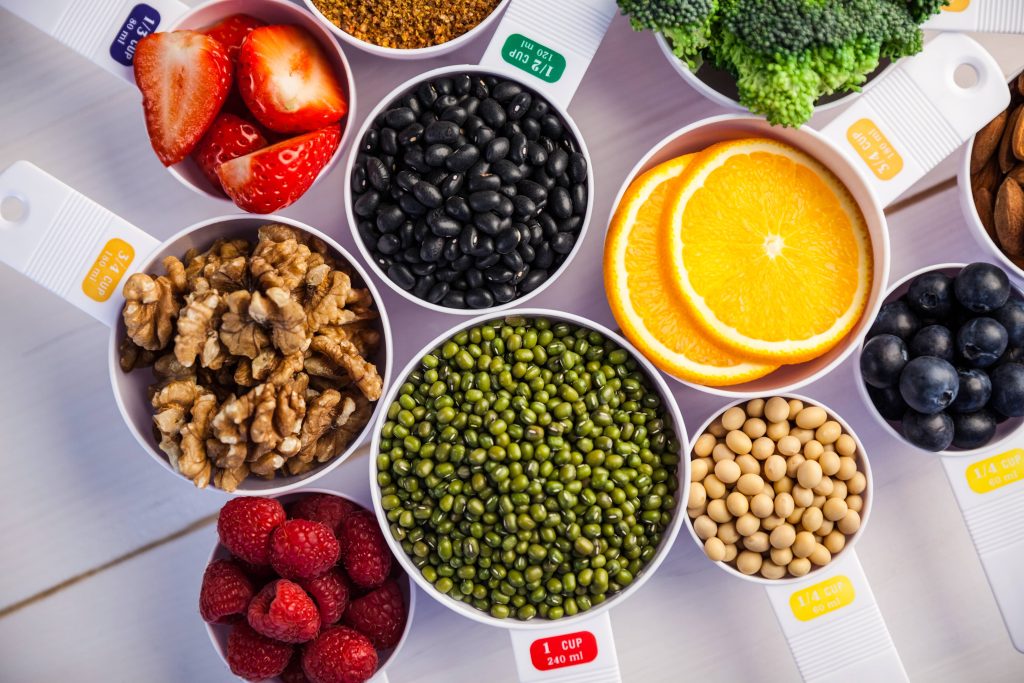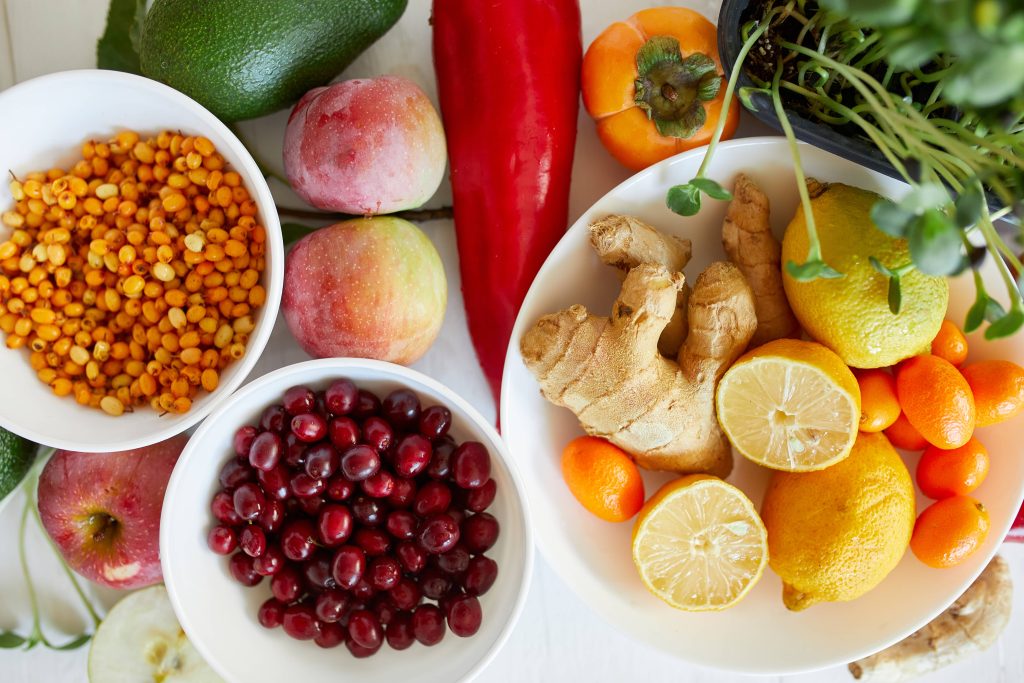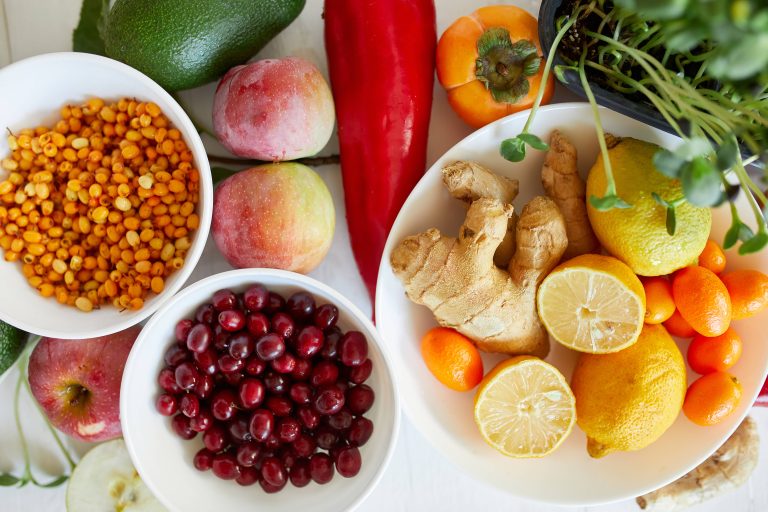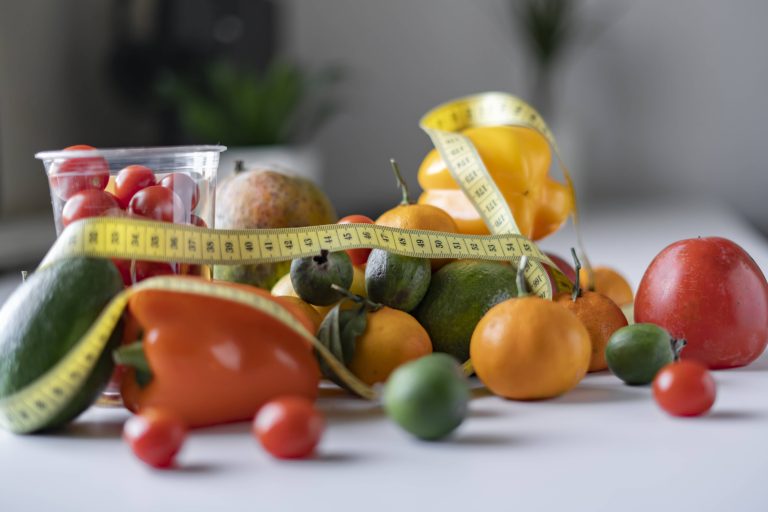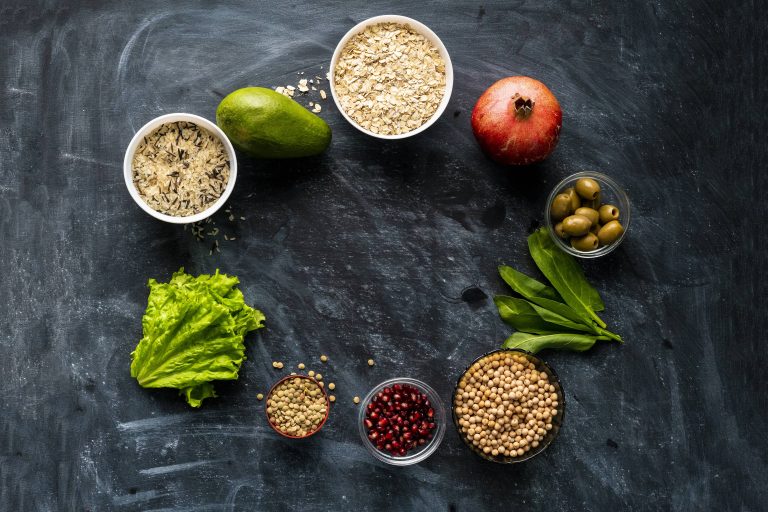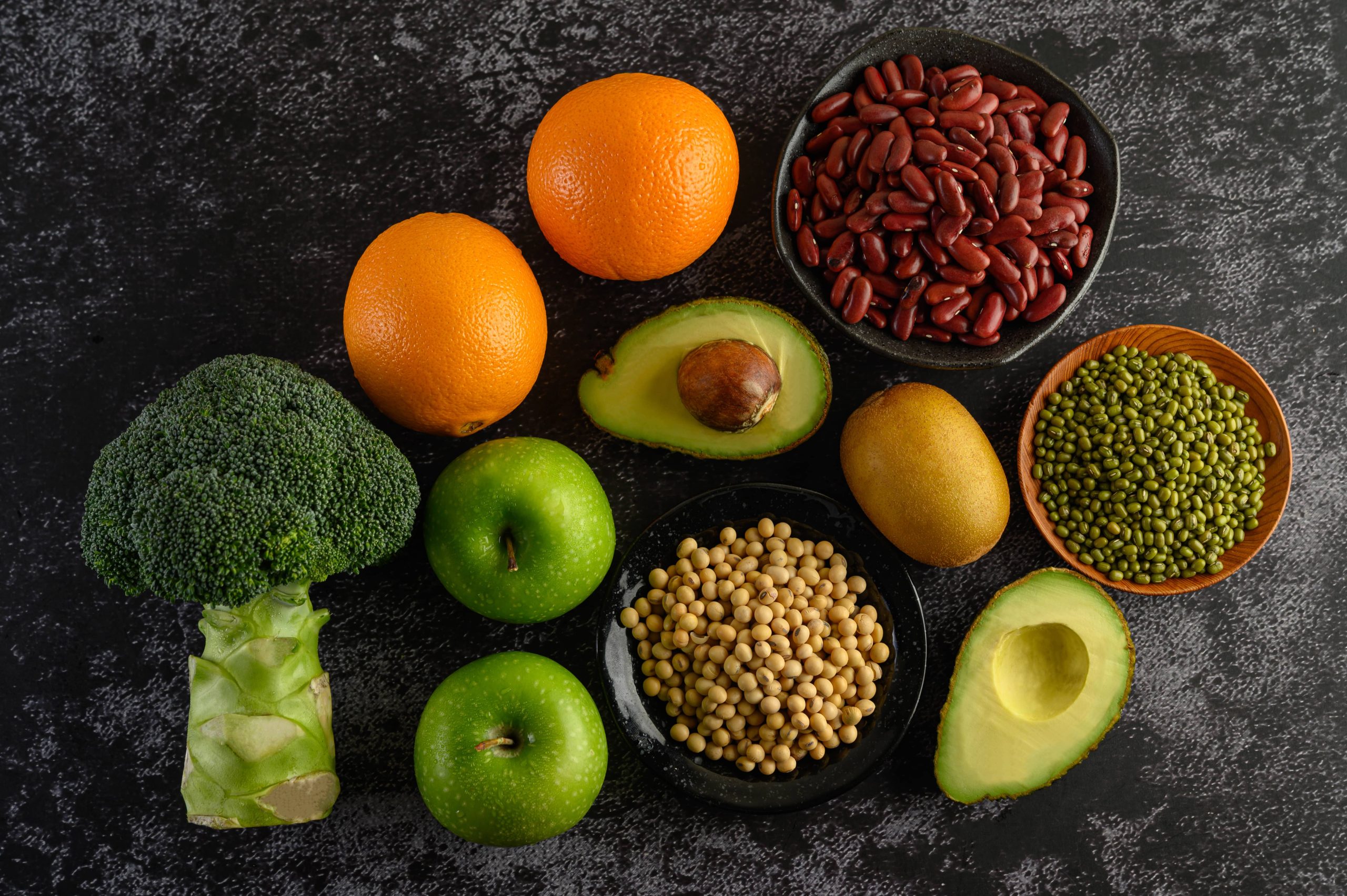
In recent years, the organic food movement has gained significant traction, with more people than ever before opting for organic produce, dairy, and meat. The allure of organic foods lies in their promise of being healthier, more environmentally friendly, and free from harmful chemicals. However, with these benefits comes a higher price tag, leading many to question whether the health gains are truly worth the extra cost. In this blog post, we will delve into the world of organic foods, exploring their potential health benefits, environmental impact, and whether they justify the financial investment.
Understanding Organic
Before we dive into the benefits, it’s essential to understand what “organic” means. Organic foods are grown and processed without synthetic fertilizers, pesticides, genetically modified organisms (GMOs), and artificial preservatives. Organic farming practices emphasize the use of natural substances and physical, mechanical, or biologically based farming methods to the fullest extent possible.
Health Benefits of Organic Foods
Nutrient Content
One of the primary reasons people choose organic foods is the belief that they are more nutritious. Some studies suggest that organic produce may contain higher levels of certain nutrients, such as antioxidants, which are beneficial for health. Antioxidants are known to reduce the risk of chronic diseases, including heart disease and cancer. However, the difference in nutrient content between organic and conventional foods is not always significant, and more research is needed to draw definitive conclusions.
Reduced Exposure to Pesticides
Organic foods are grown without synthetic pesticides, which means they have lower pesticide residues compared to conventionally grown produce. Pesticide exposure has been linked to various health issues, including developmental problems in children and an increased risk of certain cancers. By choosing organic, consumers can reduce their exposure to these potentially harmful chemicals.
Antibiotic and Hormone-Free
Organic meat and dairy products come from animals that are not given antibiotics or growth hormones. The overuse of antibiotics in conventional farming has contributed to the rise of antibiotic-resistant bacteria, posing a significant public health risk. By consuming organic animal products, individuals can avoid these substances and potentially reduce their risk of exposure to antibiotic-resistant bacteria.
Environmental Impact
Beyond personal health benefits, organic farming practices are often touted for their positive environmental impact. Organic farming tends to be more sustainable, promoting biodiversity, improving soil health, and reducing pollution from synthetic fertilizers and pesticides. By supporting organic agriculture, consumers can contribute to a more sustainable food system.
Soil Health and Biodiversity
Organic farming practices, such as crop rotation and the use of cover crops, help maintain soil health and fertility. Healthy soil is crucial for growing nutritious food and supporting biodiversity. Additionally, organic farms often have a more diverse range of plants and animals, which can help create a balanced ecosystem.
Reduced Pollution
The absence of synthetic fertilizers and pesticides in organic farming reduces the risk of water and soil pollution. Conventional farming practices often lead to runoff, which can contaminate water sources and harm aquatic life. By choosing organic, consumers can help minimize these environmental impacts.
The Cost of Going Organic
While the benefits of organic foods are appealing, the higher cost can be a significant barrier for many consumers. Organic foods are typically more expensive due to the more labor-intensive farming practices and stricter regulations. However, there are ways to incorporate organic foods into your diet without breaking the bank.
Prioritizing Purchases
One strategy is to prioritize purchasing organic versions of foods that are most likely to contain high levels of pesticide residues, such as strawberries, spinach, and apples. The Environmental Working Group (EWG) publishes an annual “Dirty Dozen” list, highlighting the fruits and vegetables with the highest pesticide residues. By focusing on these items, consumers can maximize their health benefits while minimizing costs.
Buying in Bulk and Seasonal Produce
Purchasing organic foods in bulk or choosing seasonal produce can also help reduce costs. Seasonal produce is often more affordable and fresher, providing better taste and nutritional value. Additionally, buying in bulk can lead to savings, especially for staple items like grains and legumes.
Conclusion: Are the Health Gains Worth the Price Tag?
The decision to go organic ultimately depends on individual priorities and budget. While organic foods offer potential health benefits and a reduced environmental impact, they are not the only path to a healthy diet. A balanced diet rich in fruits, vegetables, whole grains, and lean proteins, whether organic or conventional, is key to maintaining good health.
For those who can afford it, incorporating organic foods into their diet can be a worthwhile investment in their health and the environment. However, it’s essential to make informed choices and prioritize purchases based on personal needs and financial constraints. By doing so, consumers can enjoy the benefits of organic foods without compromising their budget.

